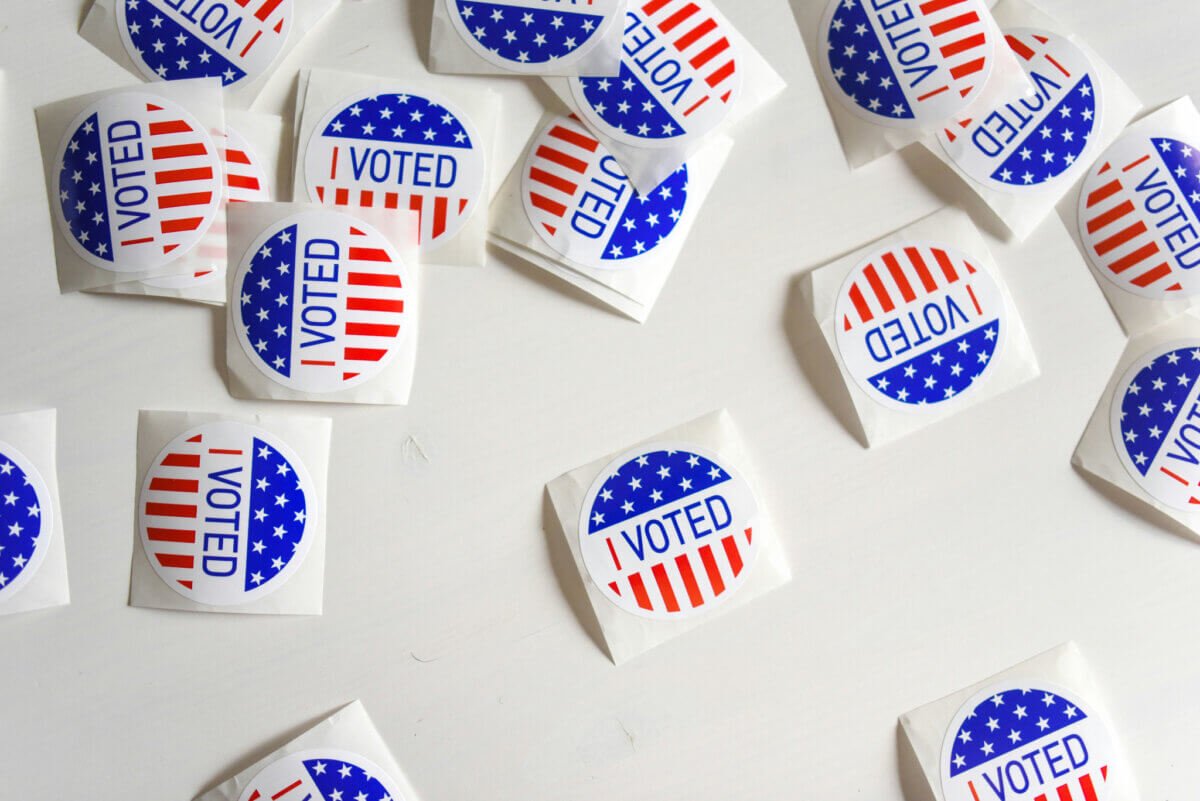The presidential election season is a high-stakes period, not only for politicians but also for brands and marketers. The media landscape becomes saturated with political ads, discussions and debates, which can make it challenging for other marketing messages to break through. However, with the right strategies, marketers can capitalize on this unique environment to reach their target audience without getting lost in the political noise.
Here are six essential tips for marketers executing campaigns during a presidential election season:
1. Understand the Shift in Consumer Behavior
During the election season, consumers are bombarded with political messages. This heightened political climate can lead to distractions, divided attention, and in some cases, increased stress or fatigue from constant exposure to campaign coverage. As a result, many consumers may be less receptive to traditional marketing messages.
To address this, brands should aim to be more empathetic and understanding of the emotional state of their audience. Rather than aggressively pushing promotional content, marketers should consider adjusting their tone to be more supportive, informative or even lighthearted to provide a contrast to the heavy political discourse. Messages that acknowledge the current atmosphere without diving into politics can resonate well with audiences seeking relief from election coverage.
2. Avoid Taking Political Sides
One of the most significant risks for brands during the election season is being perceived as politically aligned, which can alienate a portion of your audience. While it may be tempting to comment on political issues, especially if they’re trending or relevant to your industry, taking a public stance on partisan matters can backfire.
Instead, brands that want to resonate with consumers on both sides of the aisle, as well as those in the middle, should focus on their core values and mission, avoiding endorsements or criticism of specific candidates. Even seemingly innocuous comments on political topics can be polarizing in a charged political climate. Staying neutral helps brands appeal to a broader audience and prevents alienating any particular group of consumers.
3. Leverage Non-Political Messaging
Amid the intense focus on politics, there is an opportunity for marketers to stand out by offering a respite from the election buzz. Creating content that is unrelated to politics—such as promoting feel-good stories, humorous ads or product updates—can be refreshing for consumers.
This is an excellent time to emphasize brand storytelling, customer success stories or content that highlights your company’s unique value propositions. By steering clear of the political noise, your brand can become a source of comfort or entertainment for consumers looking for a break from the election season chaos.
4. Optimize Your Ad Spend and Targeting
Election seasons often lead to a surge in political advertising, which can increase competition for ad space and drive up costs, particularly in digital media. To avoid overspending on ads, marketers should refine their targeting strategies to ensure that their ads reach the most relevant audiences.
Tools like audience segmentation, programmatic advertising and retargeting can help marketers optimize their campaigns by delivering ads to specific demographic groups that are most likely to engage with the brand. Additionally, consider shifting ad spend to less politically saturated platforms or channels where competition is lower and your messaging can stand out.
5. Time Your Campaigns Strategically
Timing is everything when running marketing campaigns during election season. Certain periods, such as debate nights or the days leading up to Election Day, will see a massive spike in political coverage, making it more difficult for non-political ads to capture attention. To avoid getting drowned out, marketers should be strategic about when they launch their campaigns.
For example, consider running major promotions or launching new products during off-peak election periods. Alternatively, marketers can capitalize on the political buzz by running time-sensitive promotions that tie into non-political events happening simultaneously.
6. Be Prepared for a Fast-Changing Environment
The election season is notoriously unpredictable. News cycles can change rapidly, and unexpected events can capture public attention overnight. Marketers should be prepared to adjust their campaigns in real time to accommodate these shifts.
This may involve reallocating budgets, pausing scheduled ads or tweaking messaging to ensure it remains relevant and sensitive to the current climate. Flexibility and responsiveness are crucial during election season, as marketers need to be able to pivot quickly in response to unforeseen developments.
Conclusion
Marketing during a presidential election season comes with its unique set of challenges, but it also presents opportunities for brands to connect with their audiences in meaningful ways. By understanding the shifts in consumer behavior, avoiding political entanglements, optimizing ad targeting and staying flexible, marketers can successfully navigate this period without being overshadowed by the political landscape.
In a time where attention is split and emotions run high, those brands that stay mindful, strategic and customer-focused will emerge with stronger relationships and sustained engagement.




